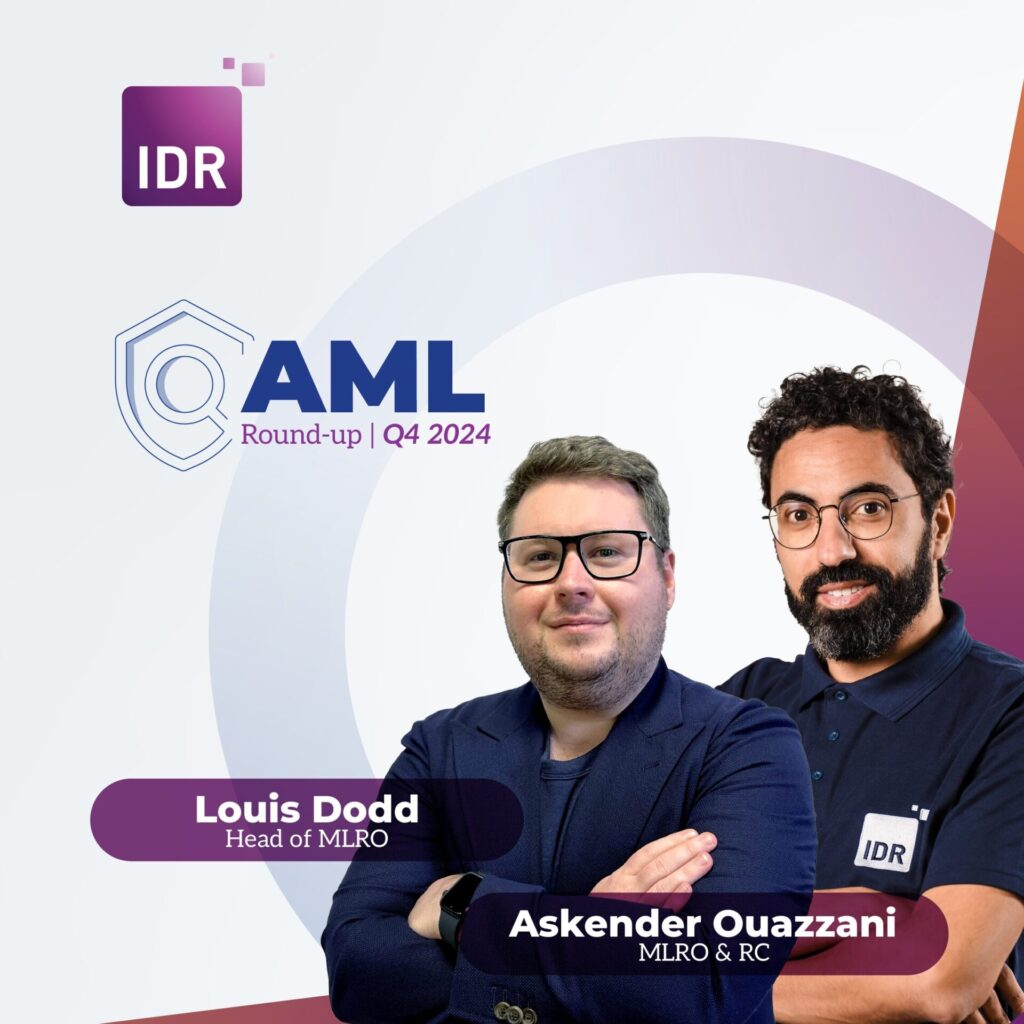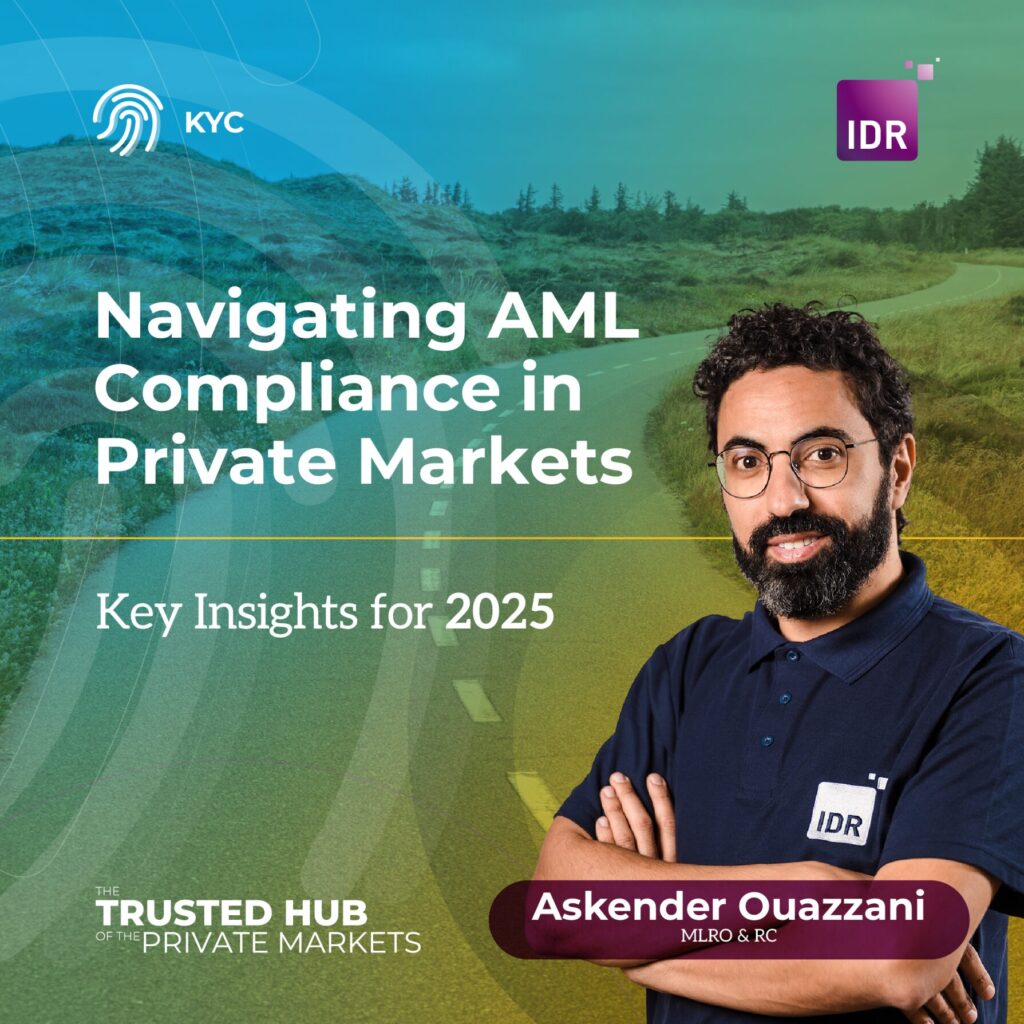Partners Group and BlackRock announced this month that they have teamed up to “empower advisors to offer a diversified alternatives portfolio with the simplicity, efficiency, and practice management benefits of a traditional public markets model” marking the latest in a flurry of tie ups between asset managers aimed at capturing the private wealth opportunity. Others include Apollo and State Street, KKR and Capital Group and Schroders and Phoenix Group.
A problem shared
This trend towards firms coming together to fast track the distribution of private markets products to non-institutional investors points to the scale of the efforts needed to be undertaken up front to be successful in this segment.
Rising to this challenge will not only require managers to develop the right products, execution and distribution capabilities. It also necessitates an industry-wide shift towards more centralised access to private markets opportunities and common standards across the investment lifecycle if the asset class to deliver an investment experience akin to that available in public markets today.
Navigating the private public divide
Bain &Co.’s recent report, Avoiding Wipeout: How to Ride the Wave of Private Markets, explores the “convergence in strategies among traditional and alternative asset managers.” It notes that as these asset classes require different skillsets and processes, firms will need to add or develop new capabilities in areas including “technology systems, sales, marketing approaches and investor education”.
From an operational standpoint, streamlining lengthy and repetitive subscription and investor onboarding processes is crucial. These outdated practices at a critical touchpoint in the investment journey not only highlight the differences between public and private markets investing but also slow adoption and increase costs. Private markets investors are often asked to provide the same information in various formats multiple times, emphasising the need for a central onboarding hub and standardised procedures across the industry. As the retailisation of the asset class continues apace, a one-and-done approach will not only be important from an investor experience perspective. Access to a central source of data will also be vital for managers as they adapt to raising funds and maintaining regulatory compliance across thousands rather than hundreds of investors.
“Eat the frog”
Expectations around consumer protection, disclosure and education are more stringent when serving retail investors. In the UK, for example, Consumer Duty, introduced by the FCA in July 2023, requires that financial services firms demonstrate value for money, focus on delivering good outcomes, and ensure investors fully understand the products they are investing into. In his speech Taking the Leap on Consumer Duty, FCA Executive Director of Consumers and Competition, Sheldon Mills praised the financial services industry for “eating the frog”— i.e. tackling the difficult tasks associated with implementing the Duty.
Applying these same principles will likely present an even greater challenge in the context of relatively illiquid private markets products which typically have less transparency around fees and performance than public markets products. For managers aiming to distribute private markets products via the wealth channel, success will likely hinge on also eating the frog through enhancing investor education and support, providing ready access to data on fees and performance and streamlining subscription and onboarding processes.
Towards a public markets-style investment experience
Despite these challenges, the magnitude of the retail capital prize is providing a catalyst for change in how managers fundraise and maintain compliance with regulators. Preqin’s Future of Alternatives 2029 report points to the continued rapid evolution of the global alternatives market “as the private wealth channel’s growth continues to gather pace” as being a key factor in propelling it towards $29.22tn in AUM by the end of 2029.
Advances in technology alongside industry-led initiatives such as standardised reporting from industry bodies including ILPA and the BVCA, are accelerating progress towards greater transparency and better access to comparable information. Asset managers themselves are also proactively investing in tools that cater to both institutional and retail investors. Hamilton Lane’s “HL Innovations” program, of which IDR is proud to be a part, focuses on investing in technology to “drive the industry forward.” BlackRock’s acquisition of a private markets data provider is another such example, with the firm emphasizing the need for “standardized data, benchmarks, and analytics” to create a “common language across public and private markets”, enabling clearer comparisons and more informed decisions.
As traditional and alternative asset strategies continue to converge, innovative technology, common standards, and centralisation will need to come together with investor education and human support, in order to unlock private markets opportunities for private wealth investors simply, efficiently and at scale
Changing the paradigm of private markets investing – how IDR can help
As the private funds clearinghouse, IDRs offer a central channel into the private markets for both institutional and retail investors. Investors authenticate once across subscription, KYC, and tax in one platform with live support delivered by our team of experts. Once approved they can simply share a globally compliant investment passport across their investment vehicles. More than 50% of the world’s private markets investors are already on our trusted hub. Why not join them? Explore our solutions to find out more.

